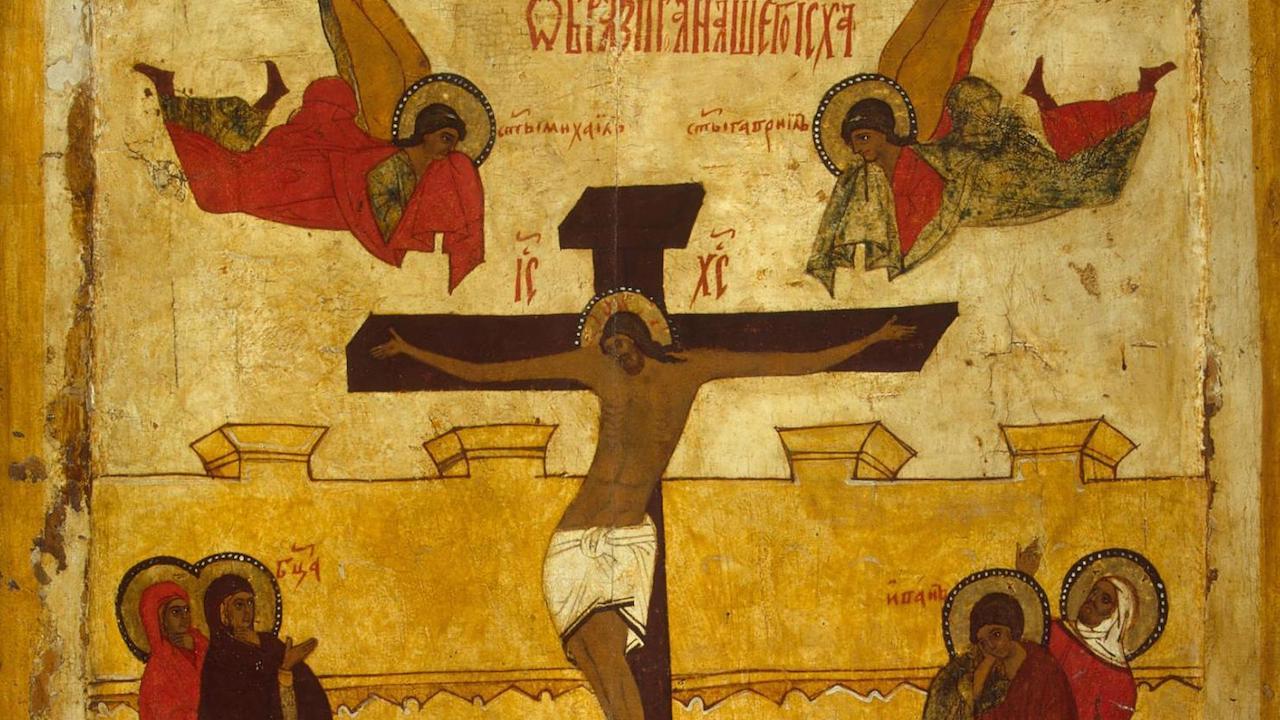We know, my brethren, and we hold to it in very firm faith, that Christ died once for us: the Just for sinners, the Master for slaves, the Free for captives, the Physician for the sick, the Happy One for the wretched, the Rich One for the needy, the Seeker for the lost, the Redeemer for the sold, the Shepherd for the sheep, and, what is more wonderful than all, the Creator for the creature; preserving what He had always been, giving up what He became; hiding as God, appearing as Man; giving life by His power, but dying because of His infirmity; unchangeable in divinity, yet susceptible to pain in the flesh. As the Apostle says: “He was delivered up for our sins, and rose again for our justification” (Rom. 4:24). You know very well that all this happened once. Yet, with the passage of time, the solemnity is renewed as if that were happening again which truth, in so many places in Scripture, declares has happened only once. Nevertheless, truth and the solemnity are not at variance, so that one lies while the other tells the truth. As a matter of fact, what truth declares has actually happened only once, this the solemnity renews as worthy of being celebrated often by pious hearts. Truth reveals what has happened as it actually took place; the solemnity, however, not by re-enacting events, but by dwelling upon them, does not permit the past to pass away.
In a word, “Christ, our Passover, has been sacrificed” (1 Cor. 5:7). As He died once who “dies now no more, death shall no longer have dominion over Him” (Rom. 6:9). Therefore, according to this voice of truth, we say that our Pasch has been sacrificed once and that He will not die again; nevertheless, according to the voice of the feast we say that the Pasch will return each year. Thus I think we interpret what is written in the psalm: “The thought of man shall give praise to Thee; and the remainders of the thought shall keep holiday to Thee” (Ps. 75:11). For, if the thoughts did not entrust to the memory what is said about things accomplished in time, it would afterwards find no remainders of the thought. On that account, the thought of man, when gazing upon truth, gives praise to God; but the traces of the thought, which remain in the memory, do not cease to solemnize the feast at the recognized times, lest the thought should be judged ungrateful. To this reasoning we owe the glorious celebration of this night, when by our vigil we honor, through the remainders of thought, the Resurrection of the Lord, which by our actual thought we truthfully acknowledge has taken place only once. Therefore, may God forbid that the neglect of this solemnity should make irreligious those whom the preaching of the truth has made learned! This celebration has made this night outstanding throughout the whole world. It shows the ranks of the Christians; it confounds the darkness of the Jews; it overturns the idols of the pagans.










